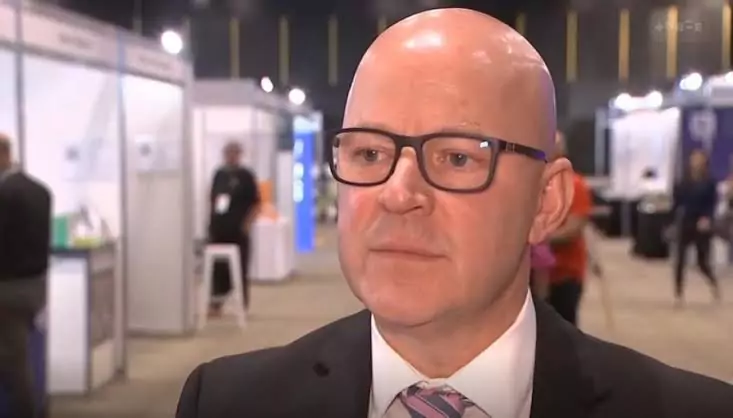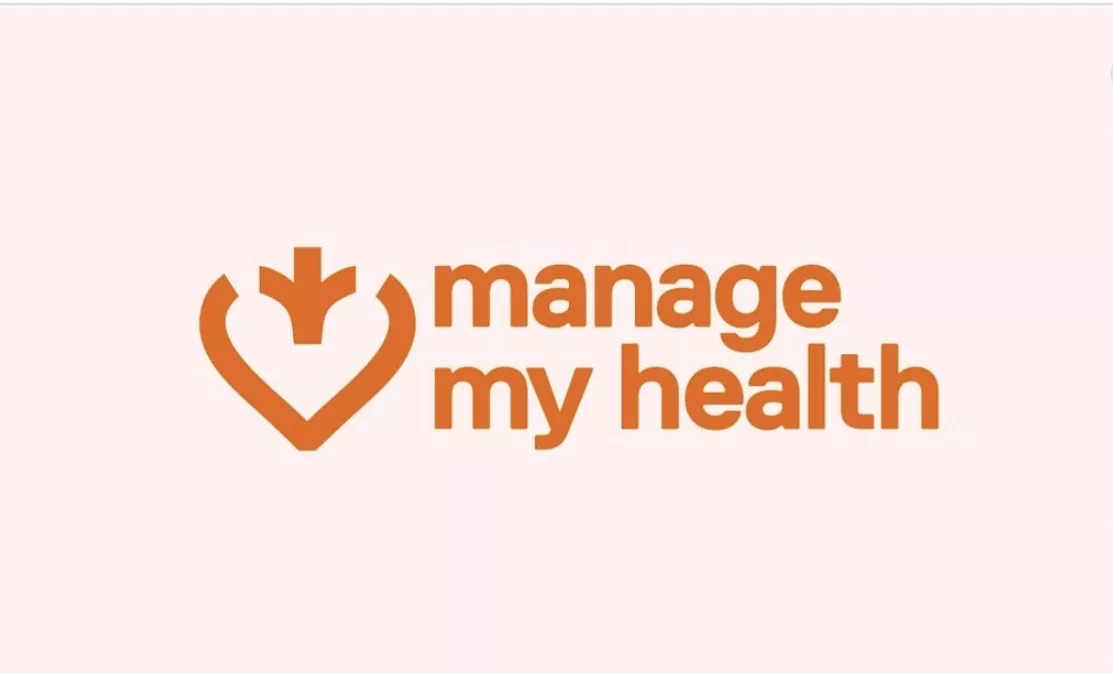Escaped youth tracked by Eagle helicopter, found hiding in New Brighton
The young person who escaped from a youth justice facility in Rolleston has been located...
The Government is loosening restrictions on melatonin and medicinal psilocybin as part of its promise to cut red tape and improve access to treatment options for New Zealanders.
Associate Health Minister David Seymour said, “Many New Zealanders have asked me why people can buy melatonin overseas but they can’t buy it from their local pharmacy. Medsafe has assessed this and decided there’s no reason why it shouldn’t be available on pharmacy shelves right here at home.”
Melatonin, commonly used to treat insomnia and jet lag, has previously only been approved for adults over 55 in New Zealand and was only available by prescription. Seymour said that will soon change.
“In time, adults will be able to buy melatonin directly from a pharmacy with no prescription needed. This is a commonsense decision that will make melatonin more accessible in New Zealand than in many other countries and encourage suppliers to bring more products to our shelves.”
Melatonin will remain prescription-only for children and adolescents following clinical advice to ensure proper oversight.
The Government also confirmed that, for the first time in New Zealand, a psychiatrist has been granted authority to prescribe medicinal psilocybin to patients outside of clinical trials.
“Psilocybin remains an unapproved medicine, but a highly experienced psychiatrist has been granted authority to prescribe it to patients with treatment-resistant depression,” Seymour said.
“This is huge for people with depression who’ve tried everything else and are still suffering. If a doctor believes psilocybin can help, they should have the tools to try.”
He said the psychiatrist involved had experience prescribing the substance during clinical trials and would be subject to strict reporting and record-keeping conditions.
“New Zealand is now in line with Australia, where authorised prescribers have been using psilocybin in clinical settings for some time,” he said.
“Kiwis shouldn’t be left counting sheep or desperate for options when other countries are already using these medicines. The Government is committed to putting patients first.”


